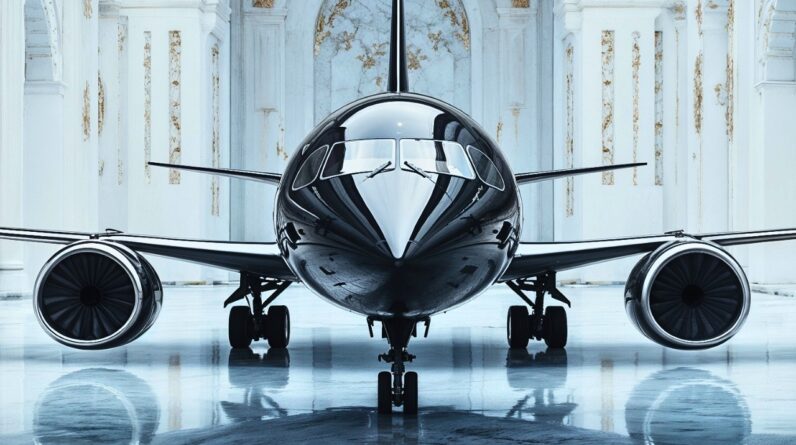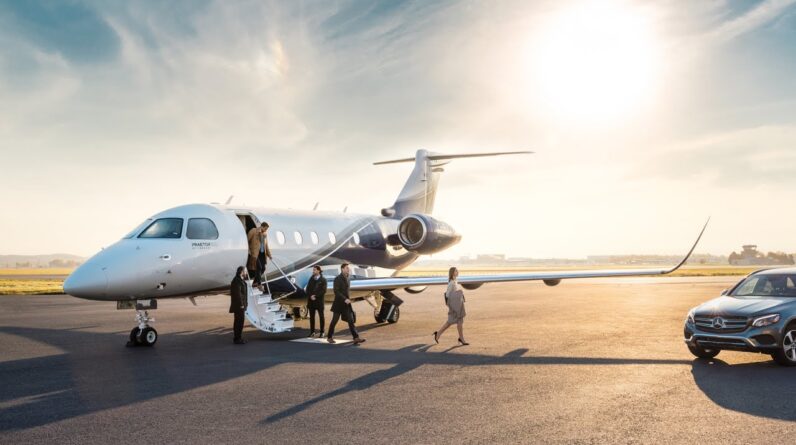Eliminating the risk of contagion is impossible, but it can be reduced considerably
Recently, three people tested positive for coronavirus after flying Delta from Atlanta to Albany, United States. The flight lasted about two hours. Every two or three minutes the air on a modern jet liner is renewed completely. The cabin air is sucked in, injected into the reactors where it is heated to a temperature of 250 °, or 380 F, compressed to a pressure of around 80 kg per square centimeter, or 450 pounds per square inch. In this way, viruses and bacteria are killed 99.7%. What is more, after being cooled, air is blown from air vents above the seats towards the floor, so that it does not circulate much horizontally in the plane but rather from above and below. The problem is the people sitting two rows in front and behind us. In fact, we breathe the droplets they emit, much less if they are wearing a mask. It goes without saying that private flights greatly reduce the risk of contagion, but not everyone can afford it. Therefore, the tips to minimize the risks of contagion of covid 19, can be summarized as follows:

- Wear a mask
- Avoid traveling in the plane, in order to avoid getting into contact with the air exhaled by other passengers
- Disinfect with a hydroalcoholic solution or at least some wipes all the surfaces of your place on the plane, the tray, the armrests, the shutter, the air vents
- Try to get out of the plane as soon as possible, because when it’s idle, the air in the cabin stagnates and it is not replaced
- Try to keep distances when boarding and disembarking
- Wear a mask even at the airport
- Try to avoid crowded hallways
- After exiting the plane, wash your nostrils with soapy water, using your fingers that you have washed before.

Obviously, if you can rent a private jet, all of this is much less or even not at all necessary, depending on the different situations.
All of this does not guarantee you immunity, of course, but it greatly reduces your chances of catching the coronavirus. Moreover, it will also protect you from other viruses and infectious diseases, such as colds, flu, rhinoviruses, etc.







